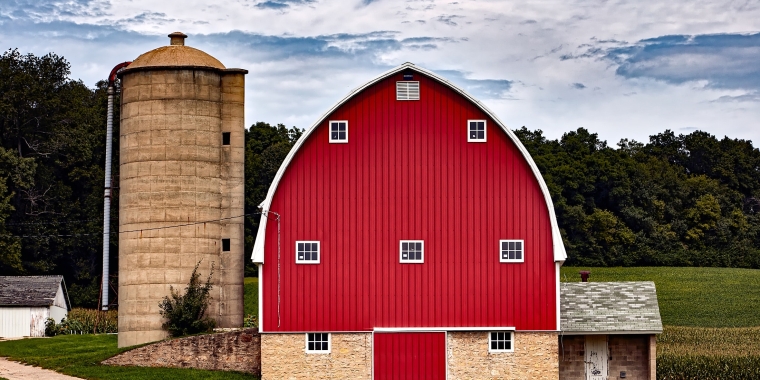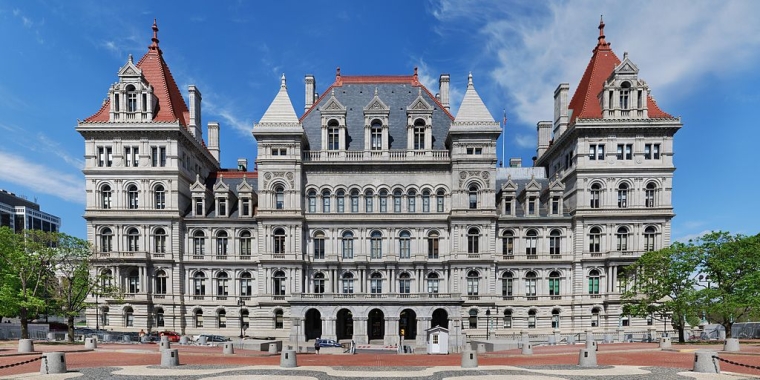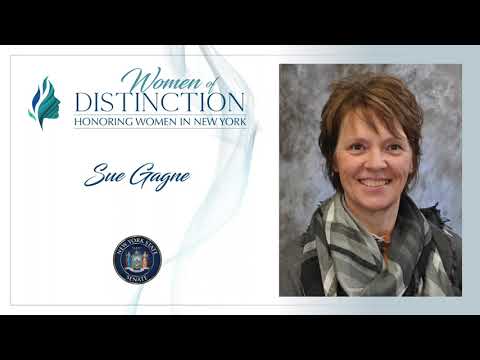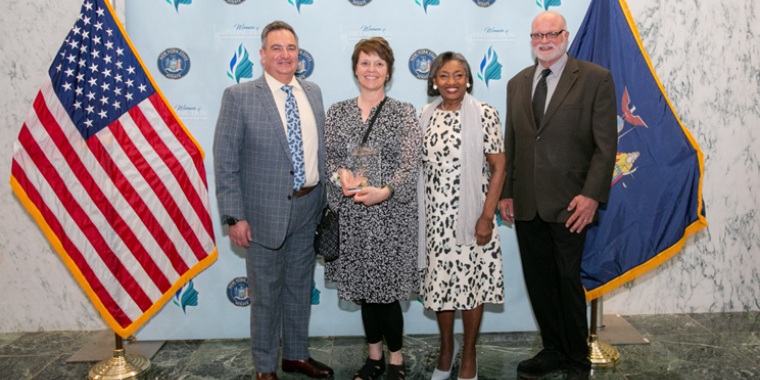
Senator Borrello Introduces NY Food Insecurity, Farm Resiliency and Rural Poverty Act
March 29, 2021

ALBANY – Senator George Borrello, Ranking Member of the Senate Agriculture Committee, has introduced the New York Food Insecurity, Farm Resiliency and Rural Poverty Act (S.5941) to amend the state Agriculture and Markets Law, state Tax Law, the Estates, Powers and Trusts Law, state Labor Law, state Public Health Law and the Workers’ Compensation Law to establish the NY Food Insecurity, Farm Resiliency and Rural Poverty Initiative.
Introduced during Agriculture Week, Senator Borrello said the act will appropriate $35.7 million to create the New York Food Insecurity, Farm Resiliency and Rural Poverty Office within the Department of Agriculture and Markets to administer a series of matching grants, hiring assistance programs, purchasing assistance programs, tax credits, tax exemptions and reimbursements to farmers, food banks, food pantries and nonprofits. The act would also establish the New York Meat, Fiber and Dairy Processing Study Commission to examine challenges to New York’s agricultural producers and issue recommendations.
“No family should ever have to worry where their next meal is coming from, and no farmer should ever leave crops in their field to rot or dump milk because they can’t find a market for it,” Senator Borrello said. “Sadly, both happened last year when the pandemic upended our food-supply chain. I introduced this legislation, along with my colleague Assemblyman Chris Tague, to ensure that never happens again.”
“We have more than 33,000 farms in New York State, and I am proud to say that one in 10 of them are in the 57th Senate District, the most rural and agriculturally based part of New York State,” Senator Borrello said. “Agriculture is New York’s economic backbone, employing over 200,000. When you consider that 96 percent of our farms are family owned, we shouldn’t leave their survival and the survival of agriculture in New York up to chance.”
“It is impossible to understate the importance of agriculture in New York. It’s a critical component of New York’s economy and culture. Each New York famer supports up to 65 people with their produce, meat and dairy products. The agricultural sector in New York State is worth more than $5.75 billion in direct economic activity annually, driving up to $47 billion in related industries.”
The program would cost $19.7 million annually and appropriate $20 million during states of emergency. The funding will support a Permanent Agricultural Purchasing Assistance Program, a Commercial Meat and Dairy Processing Incentive Program, a Personal Service Cost Assistance Program, a Beginning Farmers Grant Program, a Farm Infrastructure and Equipment Grant Program, a Commercial Real Estate and Warehousing Grant Program, a Cold Storage Equipment Grant Program, a Cold Storage Transportation Grant Program and a Transportation Fuel Reimbursement.
“COVID-19 taught us how fragile our food supply chain is to sudden disruptions,” Senator Borrello said. “The decline in demand for their products forced farmers to abandon fields full of produce and dump millions of gallons of milk. Such massive waste should never happen, especially when there are families struggling to put food on the table. This act will prevent food waste by giving farmers, those in the agriculture industry, food banks and nonprofits the guidance and tools they need to survive unexpected challenges.”
“Our famers work hand-in-hand with over 4,000 local food banks and nonprofits to deliver food to 3 to 5 million New Yorkers each year. This program will strengthen those relationships, increase cold-storage capacity to preserve food and provide transportation assistance to get food to those most in need.”
###
Share this Article or Press Release
Newsroom
Go to Newsroom


